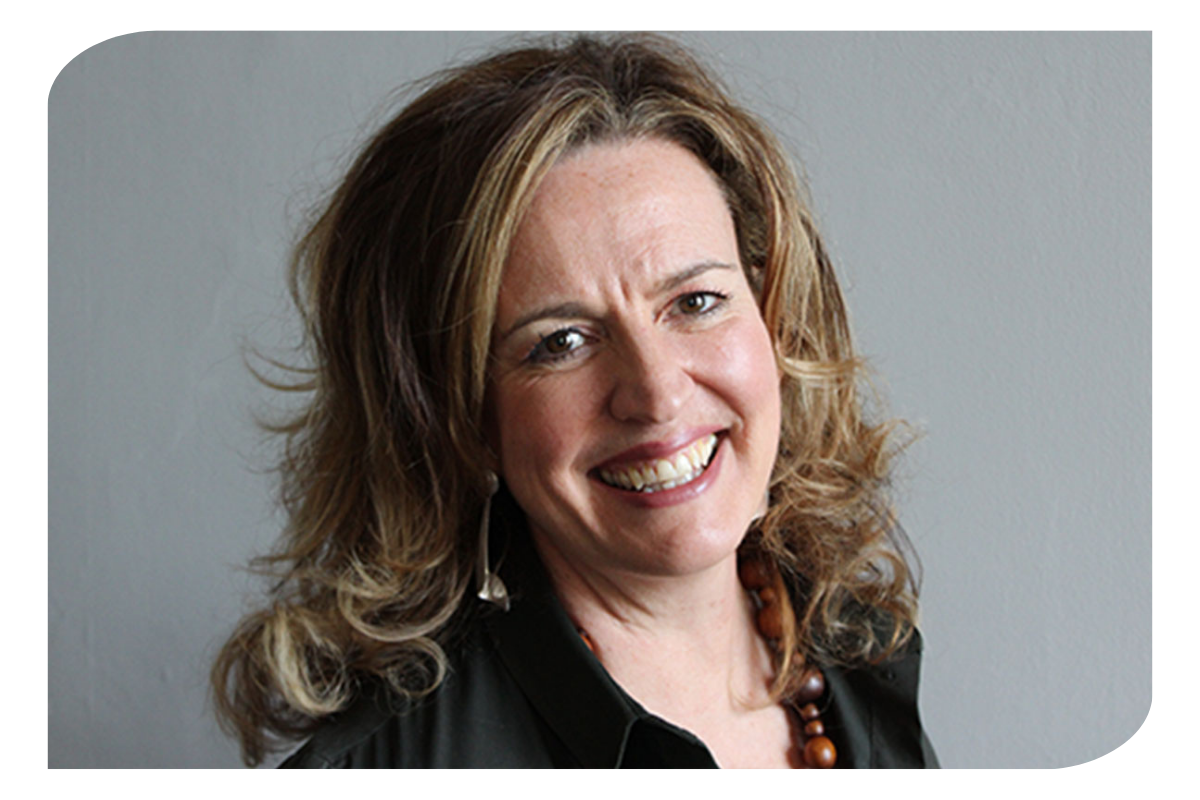
21 Sep 2022
By Alison McRae, Senior Director Glasgow Chamber of Commerce
In just over a month, COP27 will be hosted in Sharm el Sheikh where COP26 President Alok Sharma will pass the baton over to COP27 President Designate, Egypt’s Foreign Minister Sameh Shokry. However, the legacy from the UK’s Presidency of COP26, which was of course hosted in Glasgow, will reverberate for years to come and on many levels - just as we saw with COP21 and Paris where nations collectively agreed to reduce carbon emissions to limit the rise of the average global temperatures to 1.5C.
Just about all of the major pacts which were signed during COP26 in Glasgow have the city’s branding attached to them. The principle one being the Glasgow Climate Pact in which global leaders from developed countries pledged to provide $100 billion annually to support developing countries in their efforts to build resilience against climate change and to phase out unabated coal-fired power and inefficient subsidies for fossil fuels. Additionally, the Glasgow Financial Alliance for Net Zero (GFANZ) was formed, aiming to raise that vital capital needed to assist developing nations. It was also the COP where debate on climate justice and gender equality were significant and where business was directly engaged in a way never seen before. As such, it’s fair to say that Glasgow’s legacy will live on.
Under the banner of ‘Climate Chamber’, building on our six year Circular Glasgow foundation and leveraging our British Chamber of Commerce networks, the work in support of our members was on another level. We had genuine legacy at the core of our ambitions and we continue to press forward with plans of action to help businesses tackle their own climate challenges.
The longer-term question we ask now is how can Glasgow play a central role from a business perspective as we look towards COP31, the next major COP, building on the many Glasgow branded climate pacts to stimulate action towards net zero.
In the short term, our Climate Chamber Mission continues to grow and we have recently launched a global community platform called Climate Chamber City; a partnership with One Earth which is about enabling businesses to collaborate, innovate and trade.
Our work on our COP26 educational legacy programme, #MyClimatePath, also continues to shape the next generation of our workforce who will be key in supporting businesses to progress their plans to address climate issues. Since COP26, there has been growing support from businesses across the Glasgow City region with 217 organisations signing up and with 3370 young people engaged across a range of activities. This includes nearly 60 Climate Heroes – the professionals who are working in green and circular roles and are now helping to shape the school curriculum to bridge potential skills gaps and access a motivated and informed talent pool of young people.
And, most recently, we have partnered with the Netherlands-based Waterbear to create a short film, ‘Challenge the Gap’, where influencer Paul Black meets three Glasgow businesses – Dear Green Coffee, Scottish Leather Group and Cuantec – to show how they have been continuously innovating using circular economy principles to inspire wider business audiences and consumers alike to take action.
Then of course in Glasgow so much progress continues to be made by our members in the pursuit of their own climate goals and to inspire others. Family-owned environmental consultancy MacArthur Green, for instance, has committed to being carbon negative as a fundamental part of its operations and is leading by example by creating a practical, action-oriented and easily transferrable process to encourage other businesses to do the same.
As we approach COP27, our commitment to creating and maintaining a legacy for Glasgow is still very much at the forefront of our mission for Climate Chamber. It is vital that COP26 doesn’t fall off the agenda as a key calendar date that has now passed. The outcomes of the event, the ways in which we enable business action and engage our young workforce will live on and it’s important that we keep that focus alive.
This article was first published in The Herald on Wednesday 21 September 2022